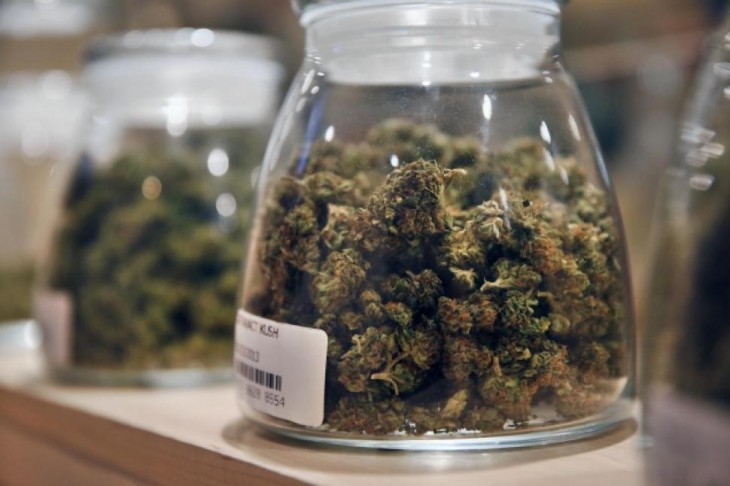Tons of people agree on the fact that over-incarceration effects are destructive and widely ranged. But the latest program in Oakland, which would allow individuals that were arrested for offenses related to weed, to open enterprises for the same faces a lot of pushback now.
The vote on March 8 by the City Council of Oakland, which was meant to be the clarification of all the programs established in May last year, but yet to be implemented fully, was a huge success, but the amendment by Councilman Noel Gallo at the last minute has left some entrepreneurs of the cannabis industry in a bit of a tough spot in terms of the future of their business.
In this program, Oakland residents that were previously targeted for marijuana-related crimes in the past twenty years would be allowed to grow pot in this flourishing cannabis trade through zero interest loans and priority access to all the permits. These permits were the idea of Councilwoman Desley Brooks who was able to change a lot of things in the program with the help of her supporters. But due to Gallo’s amendment, the program applicants need to be at least three year residents of Oakland.
Currently, about 50% of the permits for cannabis and medical marijuana businesses in Oakland are given to the arrested or incarcerated individuals whose crime was related to marijuana. These permits would be issued in the first phase and there are a total of two phases so that Oakland complies with the laws of the state, which require the regulation of the industry by the year 2018. It is expected that by 2018, recreational marijuana would be available for sale in the state of California.
Other requirements are that the applicants should have a current income below 80% of the median income in the city. Applicants must also fulfill any one of these two criteria:
-
Their conviction for marijuana crime should be in between 1996 and 2017.
-
They must have been an Oakland resident for 10 of the past twenty years in one of the locations where the heaviest prosecution was because of drug crime. The places are areas of Fruitvale, West Oakland, and East Oakland, all located in the flatlands of the city.
The dispensaries, about 8, that are currently active in Oakland would be given special privilege in these new regulations, but still many of the cannabis business owners in Oakland have expressed their distress over this new residency requirement.









